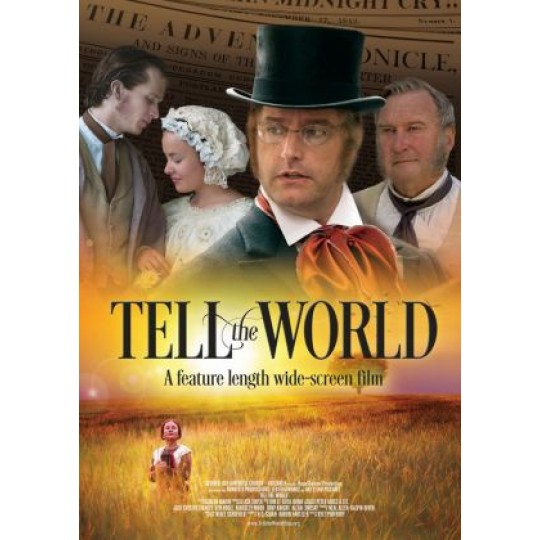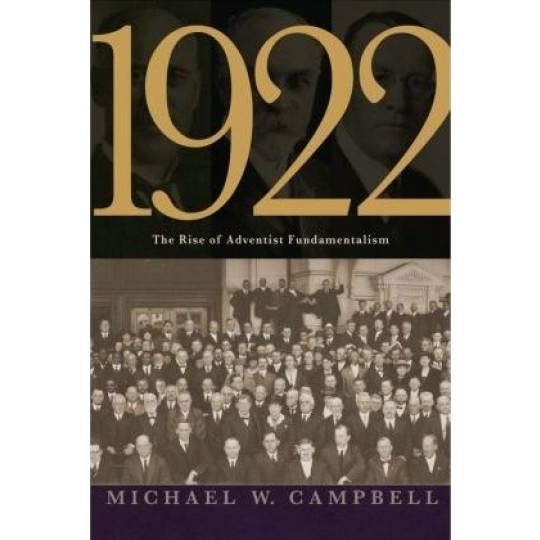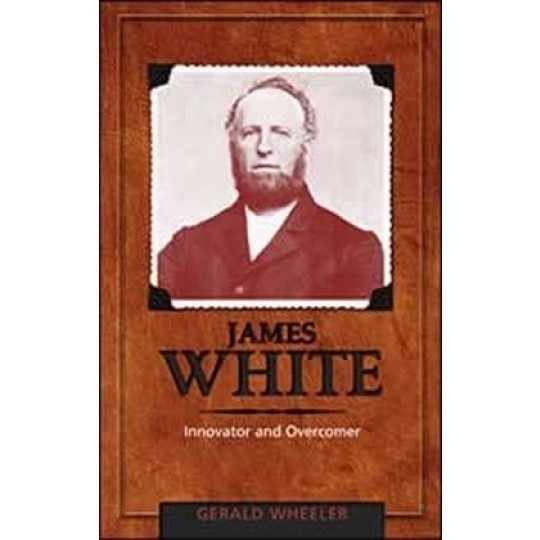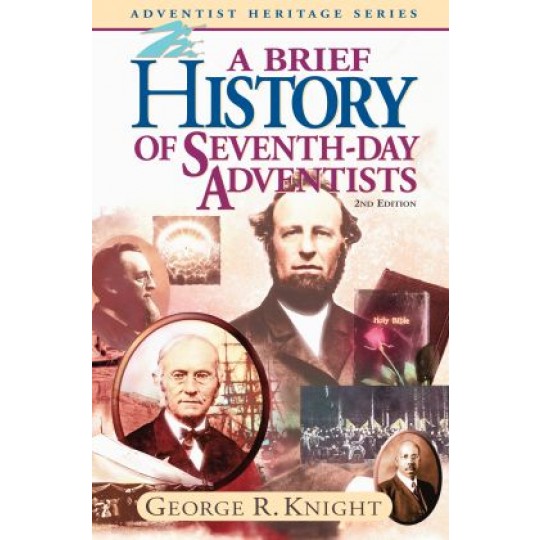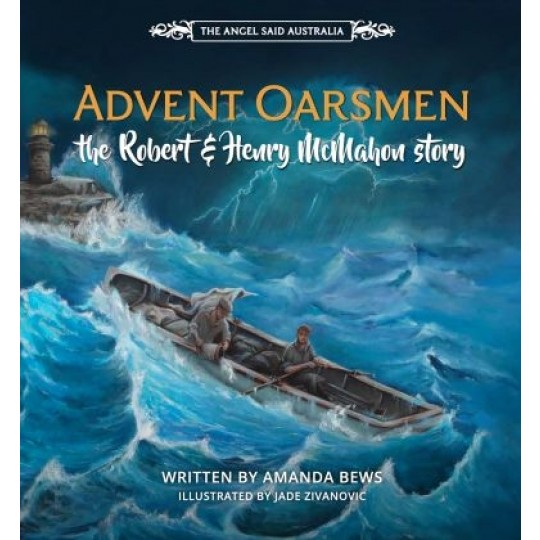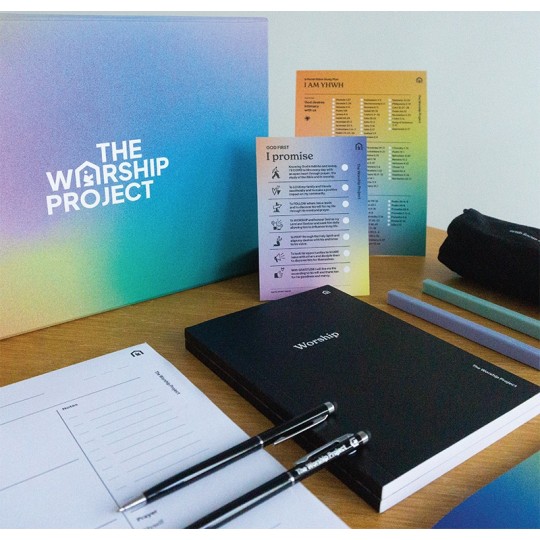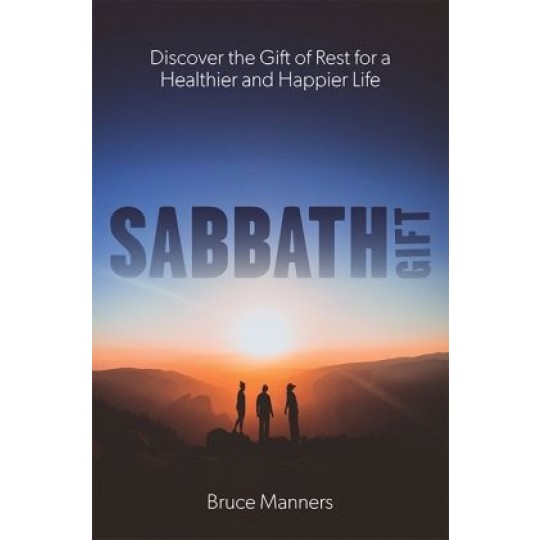Reviews and Endorsements
-
[Endorsement]
- "Each chapter concludes with perspectives and contemporary lessons that speak to all Adventists today, from the pew to the General Conference" - Jud Lake, professor, Southern Adventist University
-
[Endorsement]
- "Through careful research individuals and issues from one hundred years ago are given much needed voices that must be heard in the midst of some of our current divisive debates" - Bill Kilgore, professor emeritus, Southwestern Adventist University
-
[Endorsement]
- "Campbell has done the work of a well-trained detective who brings together different pieces of evidence until a picture of what happened is clearly visible" - Ángel Rodríguez, former director of the Bible Research Institute
-
[Endorsement]
- "Michael Campbell provides the definitive account of the all-important 1919 Bible Conference. Its topics… continue to be debated and discussed in Adventist circles to this day" - Nicholas Miller, professor, Andrews University
-
[ Bookshelf Review ]
- As World War I came to an end, the Seventh-day Adventist Church was at a turning point. Many of the fi rst- and second-generation church pioneers had passed away, not least of which was the death of Ellen White in 1915. The Christian world around them was also changing, responding to the challenges of science and history with a turn toward fundamentalism. In this complex religious and church setting, the Adventist Church’s leaders convened a meeting of the church’s Bible and history teachers in the North American summer of 1919.
Now a church historian based at Southwestern Adventist University, author Michael Campbell’s doctoral studies focused on this relatively unknown turning point in Adventism. Marking the centenary of these meetings, his new book—1919—explores the conference’s context, conclusions and decision not to publish these conclusions, with the minutes of the conference only rediscovered in 1974.
The discussion over the six weeks of meetings covered a variety of topics in theology, prophetic interpretation, historical understanding and the perceived challenges of the science of the time. While these hold historic interest in themselves, Campbell argues that the core of all these debates kept coming back to two questions that continue to challenge the Adventist Church today:
“All of the issues discussed at the 1919 Bible Conference revolved in some way or another around the twin issues of how to interpret the Bible and Ellen White’s writing” (page 54).
1919 is a brief overview of this historical event and the legacy it created for Adventism of the 20th century. “The self-styled progressives and traditionalists were both much closer to each other than either group realised, but as they debated, they pushed each other farther apart” (page 113)—and the silence that came from the conference left the church open to the ongoing temptations of fundamentalism, with its theological and social diversions.
Such a centenary is an appropriate occasion for learning lessons from our history and 1919 is a helpful starting point for this reflection.
—Nathan Brown, book editor, Signs Publishing
![Adventist Book Centre Australia [with ABC Christian Books, Better Books and Food and Christian Life Resources]](https://adventistbookcentre.com.au/skin/frontend/arw_sebian/default/images/logo.jpg)
